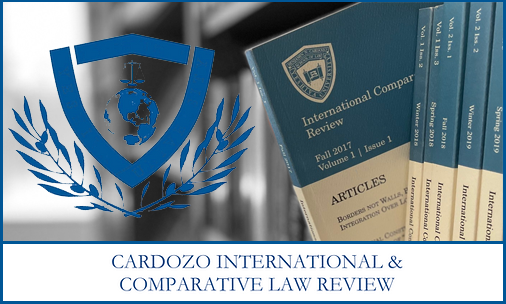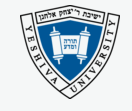Document Type
Blog Post
Publication Date
1-3-2024
Graduation Year
2025
Abstract
In recent years, the Indigenous peoples of Brazil have fought a host of legal obstacles to maintain sovereignty over their traditional ancestral lands, in large part owing to the policy imperatives of successive presidential administrations and Congresses that have favored agribusiness interests and commercial development of Brazil’s interior regions at the expense of the Indigenous peoples who live in these areas. The Brazilian Constitution of 1988 guarantees Brazil’s Indigenous peoples legal recognition of their ancestral lands via the “land demarcation” or “official land recognition” process, providing that the federal government shall recognize “their original rights to the lands they traditionally occupy.” These lands, according to the Constitution, “are intended for their permanent possession.” However, several years of administrative delays and lawsuits by commercial farming, ranching, and mining interests have stalled the land demarcation process by which the State recognizes Indigenous lands.
This post was originally published on the Cardozo International & Comparative Law Review on January 3, 2024. The original post can be accessed via the Archived Link button above.
Recommended Citation
Zavardino, Christian, "Indigenous Peoples, Land Grabs in Brazil, and the Fight for Official Recognition" (2024). CICLR Online. 97.
https://larc.cardozo.yu.edu/ciclr-online/97



